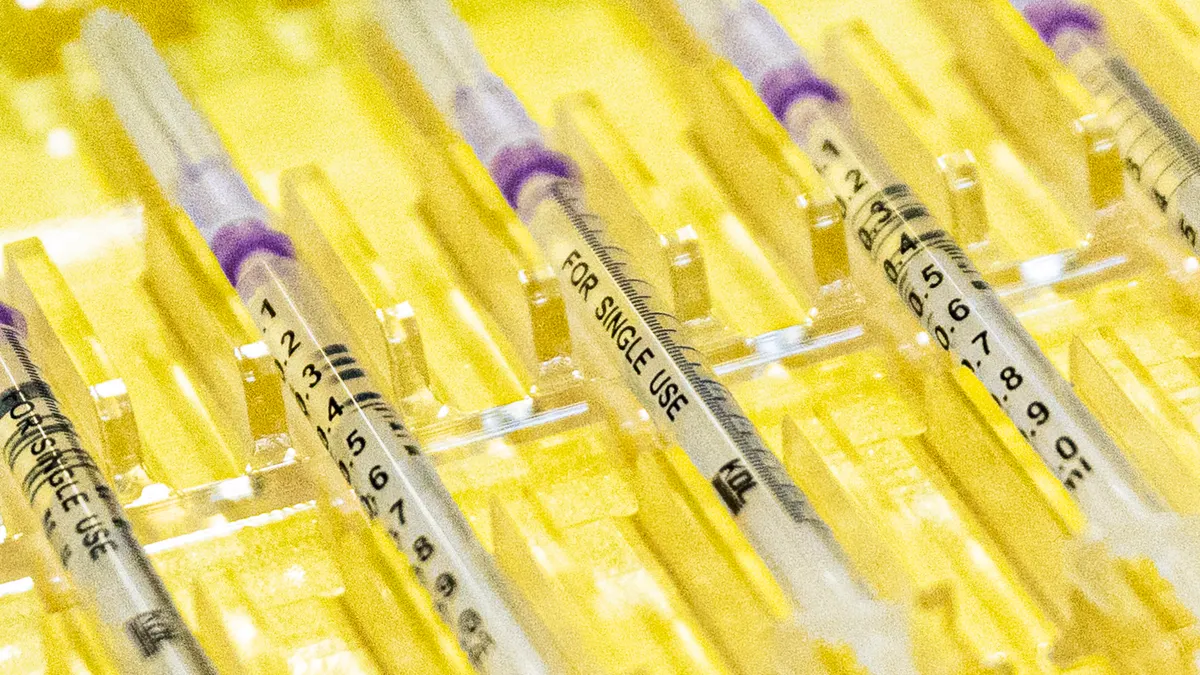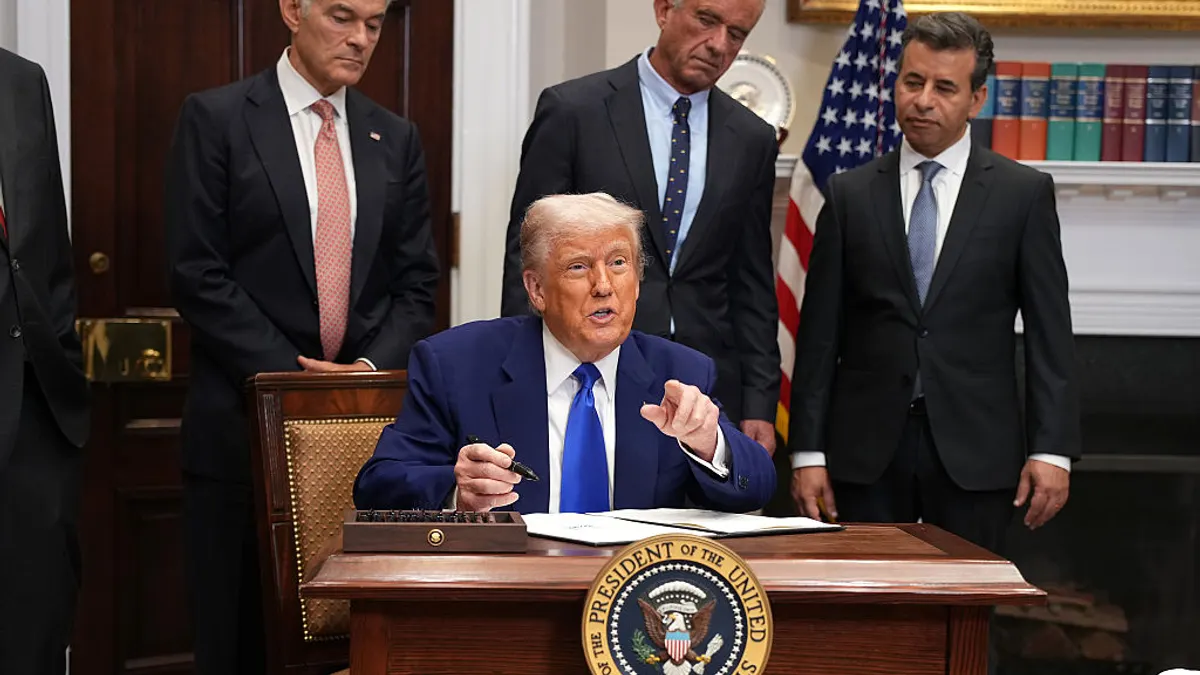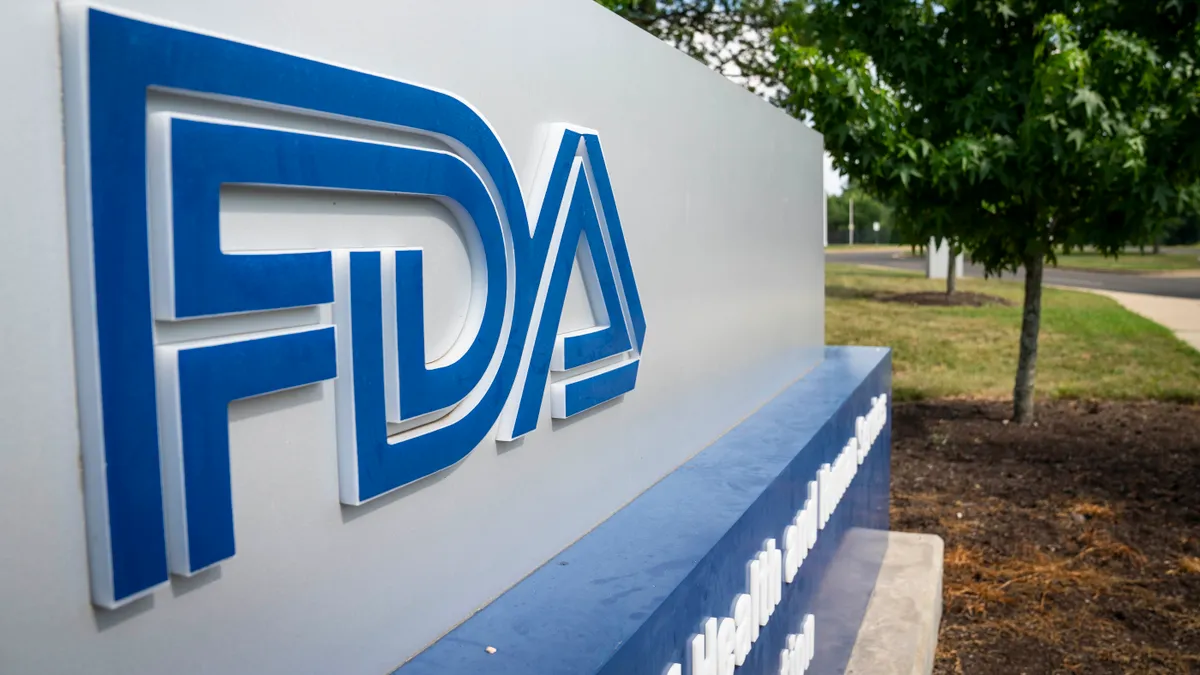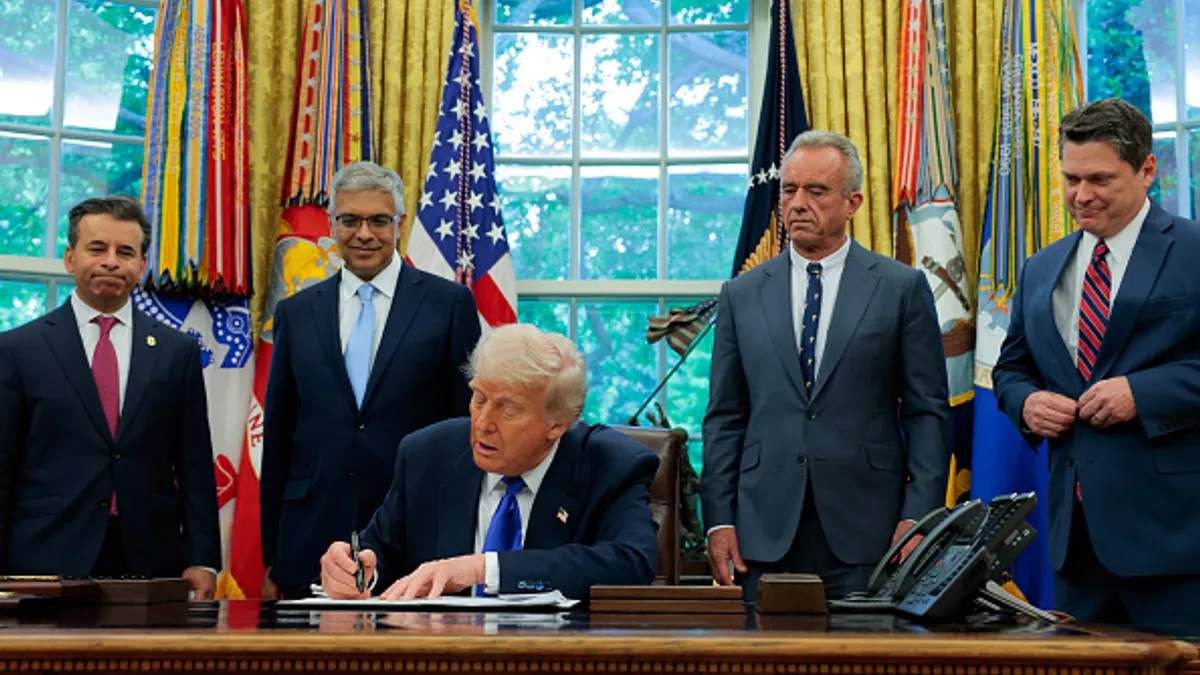Vaccine advisers to the Centers for Disease Control and Prevention, who met Tuesday for the first time since Robert F. Kennedy Jr. became U.S. health secretary, are considering making changes to the country’s COVID-19 shot guidelines.
Committee members weighed whether to maintain the current universal recommendation for everyone six months of age or older, switch to a narrower, risk-based approach or take some combination of the two polices. Tuesday’s discussion, which was postponed from February, laid the groundwork for the advisers to vote on any changes at their next meeting in late June.
The CDC does not have to follow the advice of its committees, but usually does.
When polled about tweaking COVID guidelines in April, a majority of the panel supported non-universal recommendations. However, some advisers expressed concerns Tuesday about narrowing the guidance ahead of the fall-to-winter season.
“Even though I'm very much in favor of considering a risk-based [recommendation], I am concerned about the feasibility of it and the message it might be sending,” said Jamie Loehr, a family physician and panel member. “COVID is still a fairly dangerous disease and very, very common. We're not talking about 10 cases of mpox. We're talking about thousands of hospitalizations and deaths.”
COVID hospitalizations and deaths have declined in the U.S., falling down the list of leading causes of death among children and adults, according to data presented Tuesday. Yet older adults with underlying conditions or who did not receive a vaccine still remain at higher risk of hospitalization.
“I'm surprised we're considering a risk-based recommendation,” said Denise Jamieson, professor of obstetrics and gynecology at the University of Iowa and a panelist. Jamieson noted how a narrower recommendation could affect vaccine coverage.
About 74% of U.S. adults are considered at risk, though, so a narrower policy could still apply to a majority of the population.
Tuesday’s meeting took place amid scrutiny of Kennedy’s plans for U.S. vaccine policy. A long-time skeptic of vaccination, Kennedy has downplayed the current measles outbreak in West Texas— another topic of discussion at the meeting.
Cases of measles across the U.S. have exceeded 700. David Sugerman, a senior scientist on the CDC’s measles response team, said cases are likely under-reported. Two unvaccinated children and one unvaccinated adult have died. Of the cases reported so far, 97% were in individuals who were either unvaccinated, or whose vaccination status was unknown.
Helen Keipp Talbot, chair of CDC committee, said she found the conversation “devastating.”
“There's no reason why we have healthy children dying of measles in the U.S. when this [measles, mumps and rubella] vaccine is amazing,” Talbot said.
Sugerman added that requests for resources are coming in from several states, but the CDC is under strain following staff cuts and pulled funding.
“I think that we are scraping to find the resources and personnel needed to provide support to Texas and other jurisdictions,” Sugerman said.
While Kennedy has made some comments in support of measles vaccination, he has also talked up fringe treatment ideas and held back from directly urging parents to vaccinate their children.
His actions as Health and Human Services Secretary have also raised questions about his broader plans. Two federal vaccine meetings, including Tuesday’s, have been disrupted since he was sworn in, and he reportedly has weighed whether to remove certain members of the advisory panels.
Earlier this month, the Food and Drug Administration missed its deadline to decide on approval of Novavax’s COVID shot. Reports indicated new senior leaders intervened in the review.
“I don't know to what extent I'm allowed to give an update on that, but there will be an update coming up publicly very soon,” said Tracy Beth Høeg, a special assistant to FDA commissioner Marty Makary, when asked about the application by a committee member.
Kennedy has falsely said that single antigen vaccines, like Novavax’s, “have never worked.” A number of approved vaccines, including for respiratory syncytial virus, influenza and COVID, target a single antigen.





















